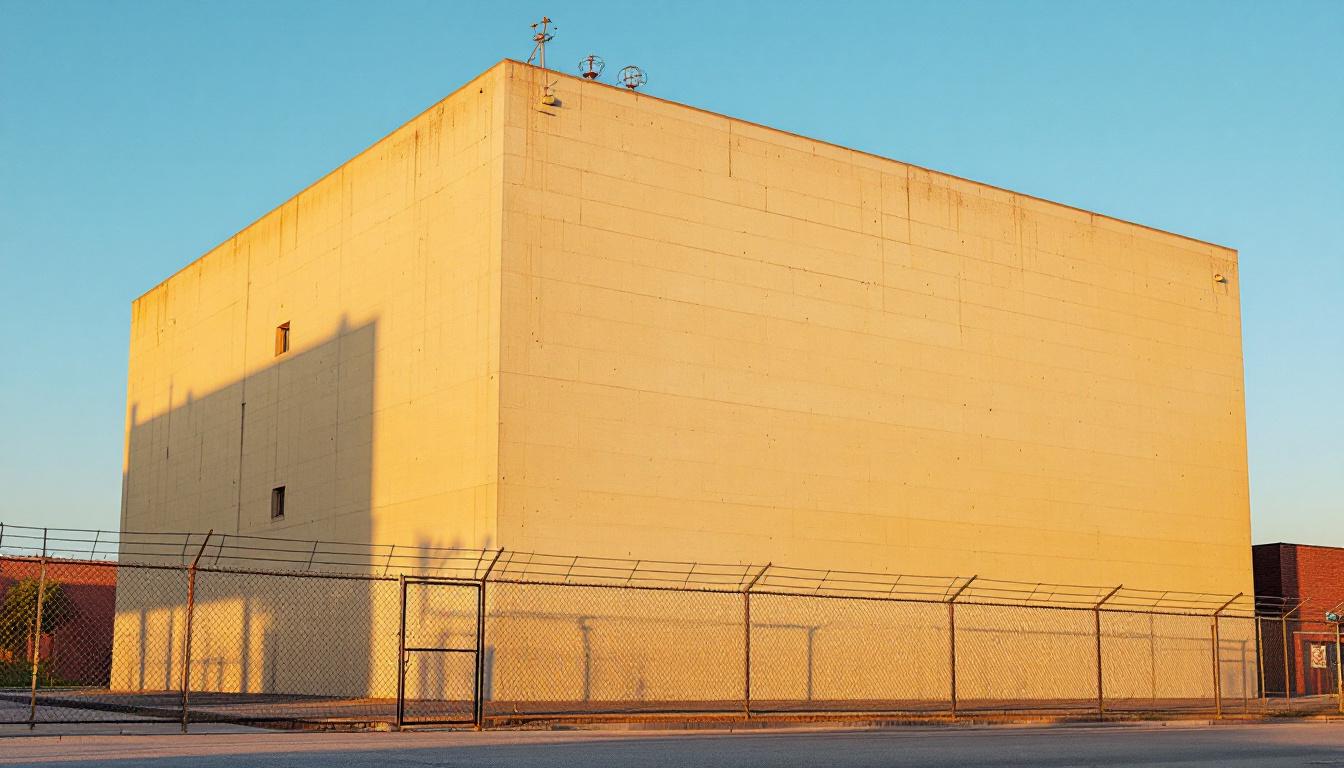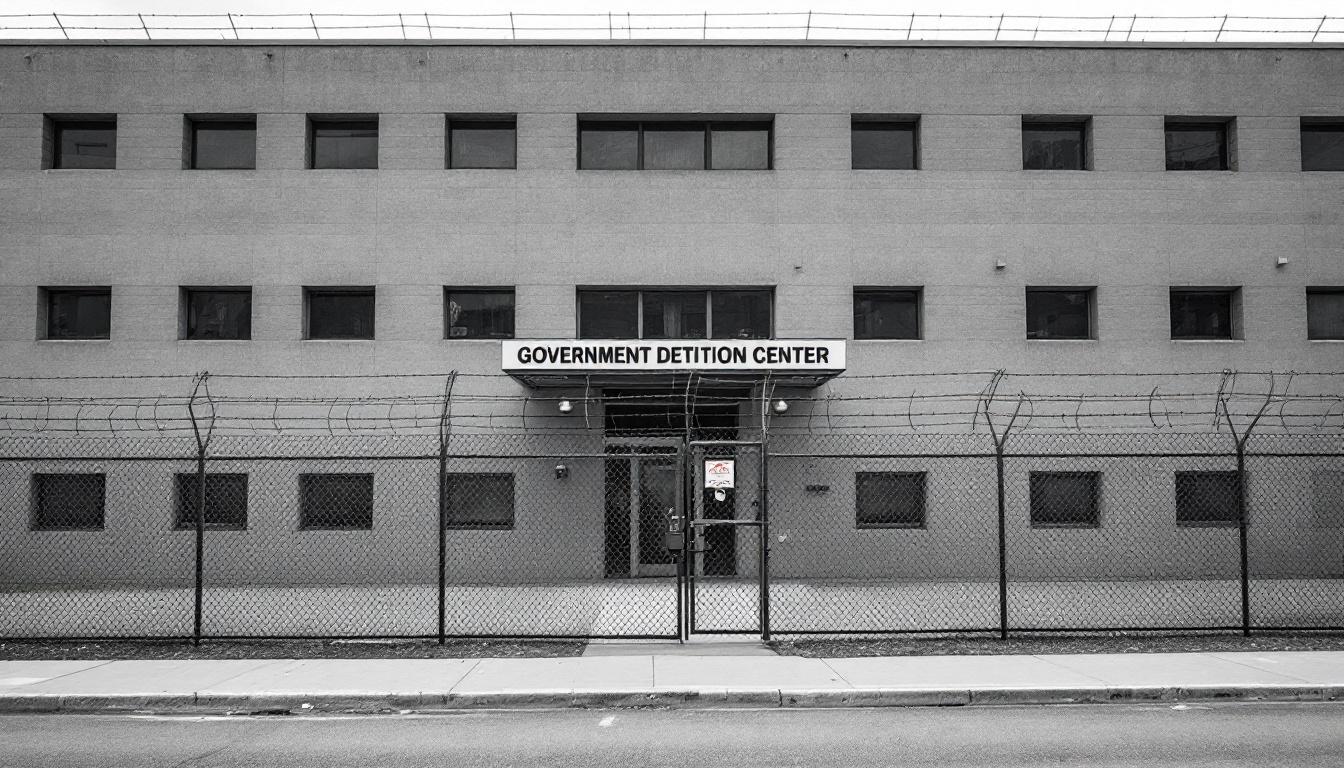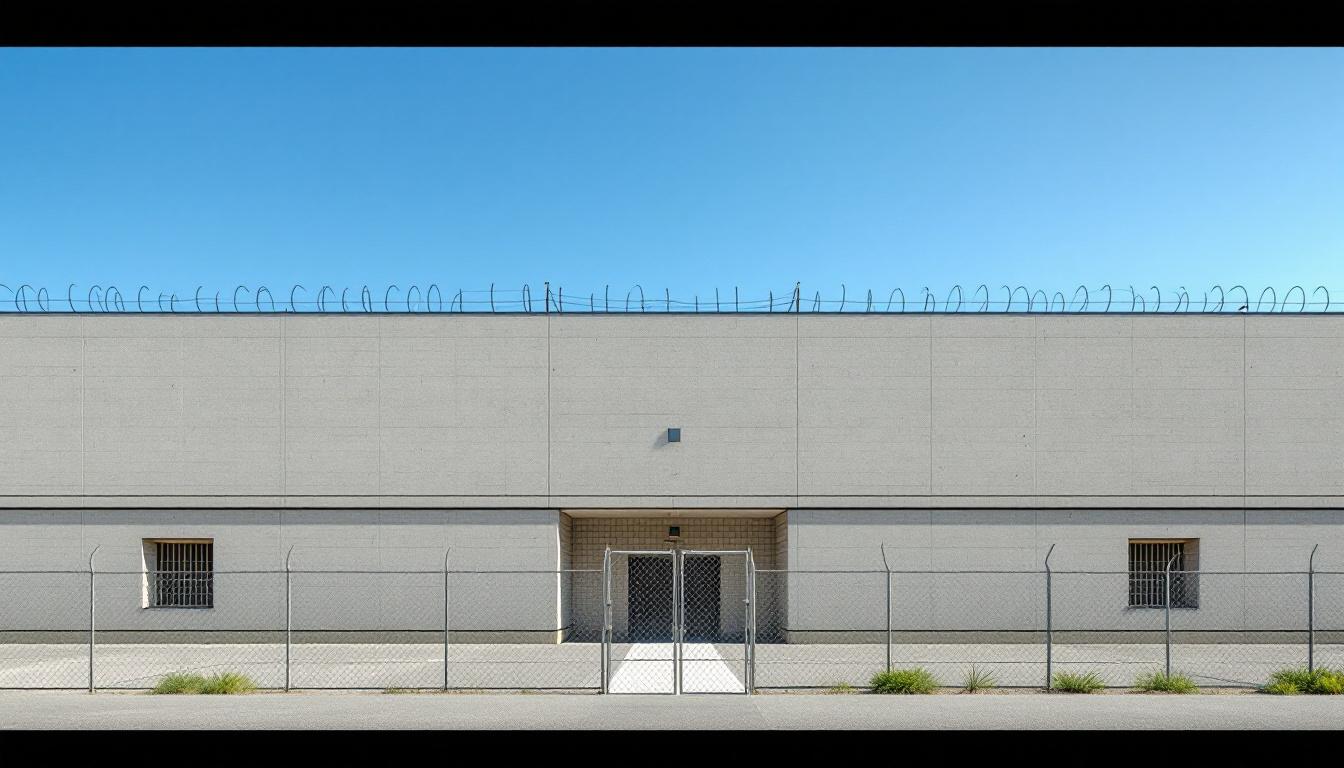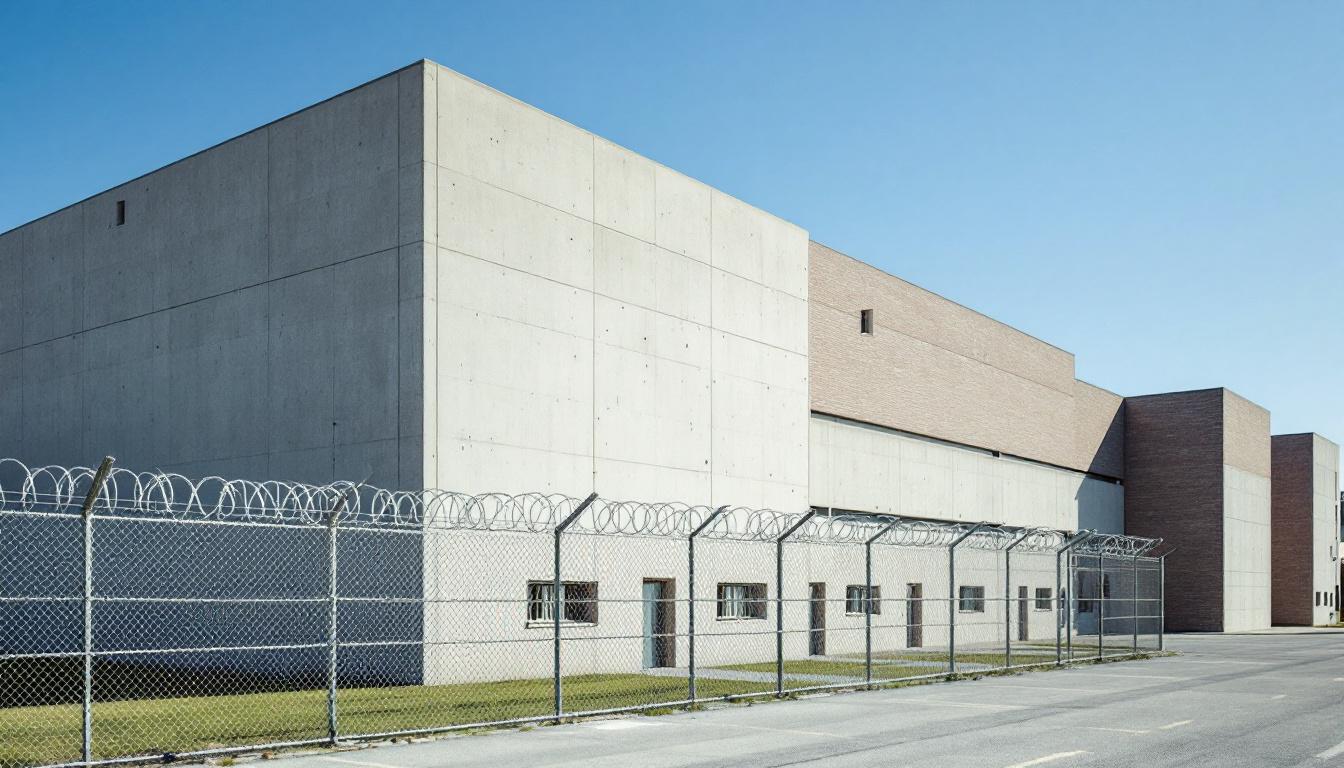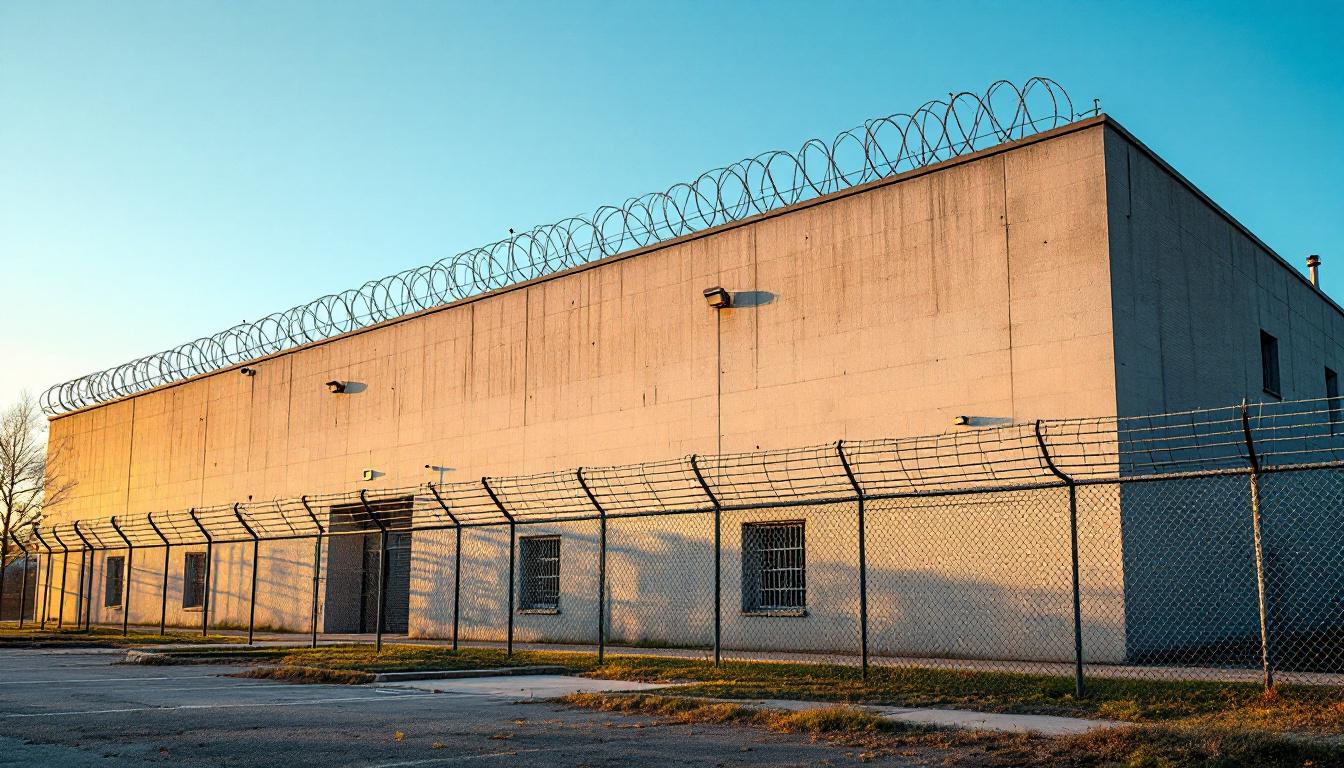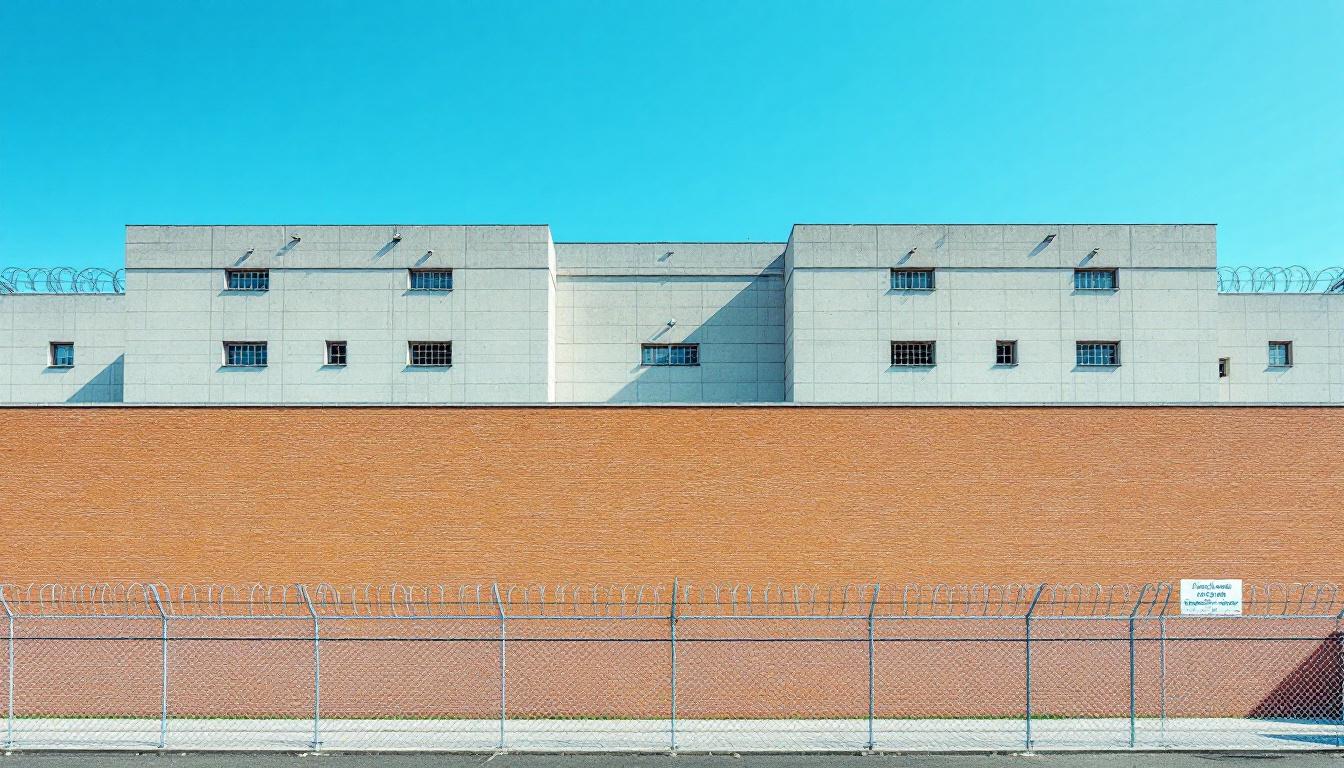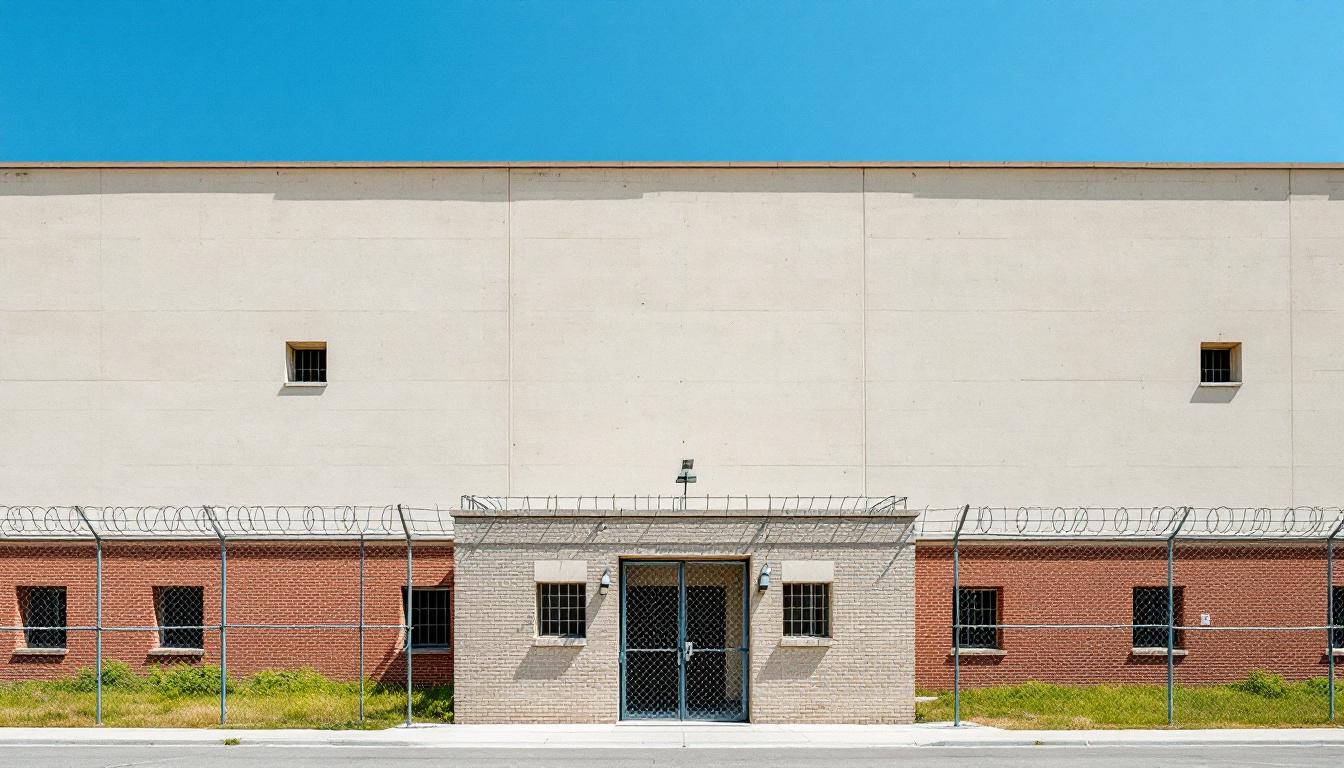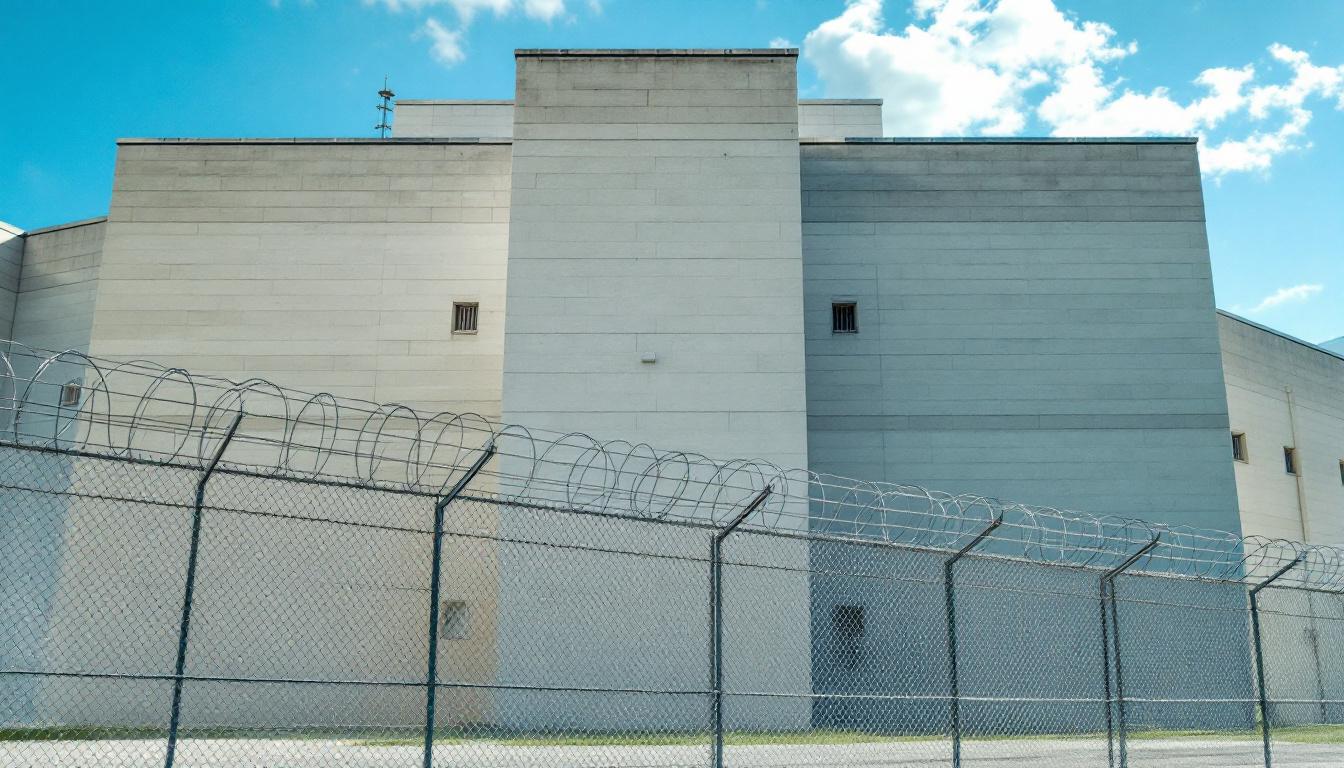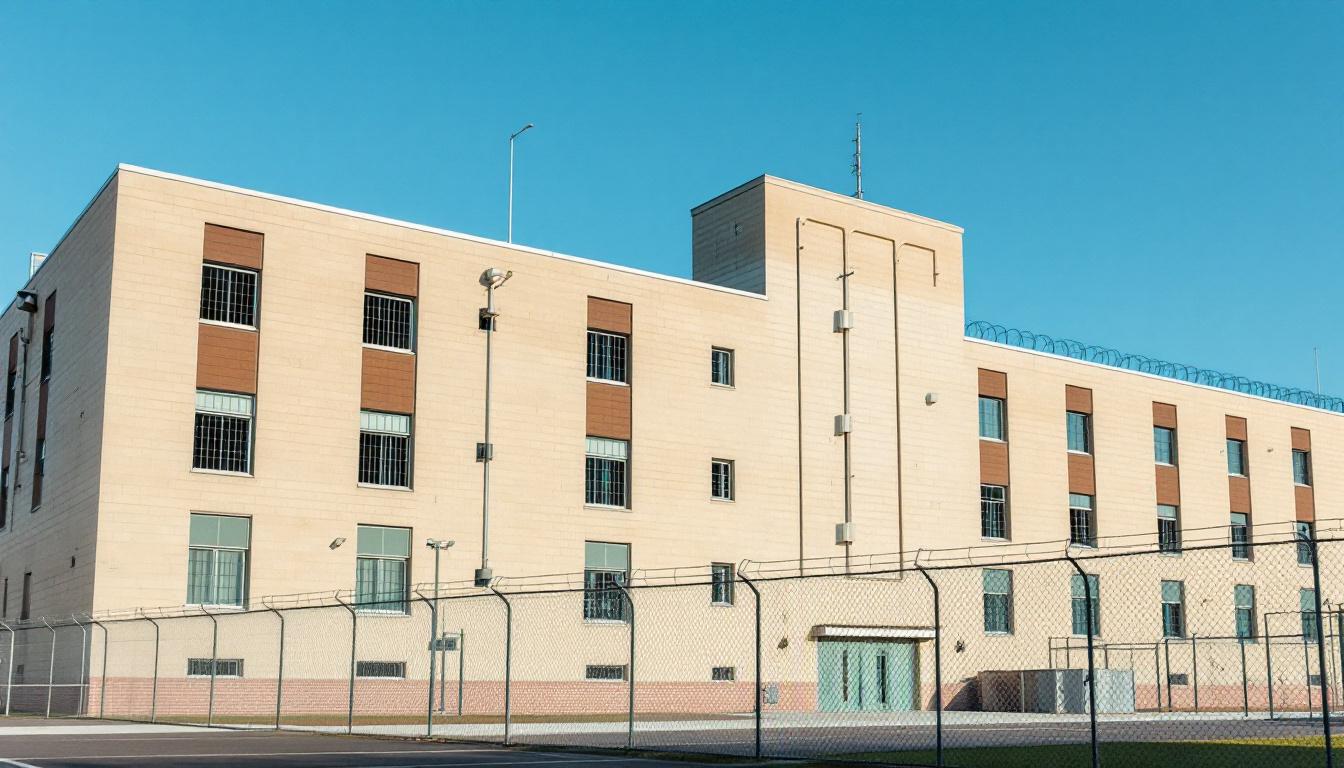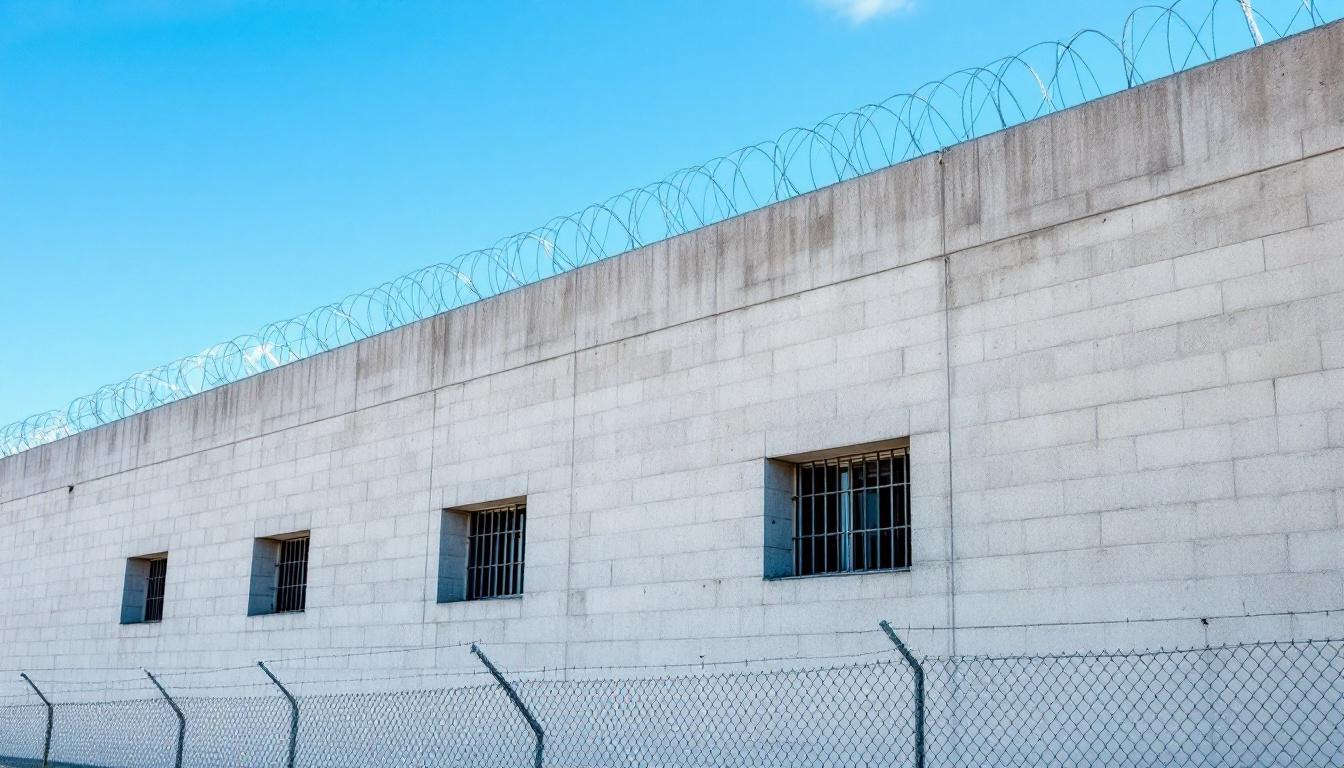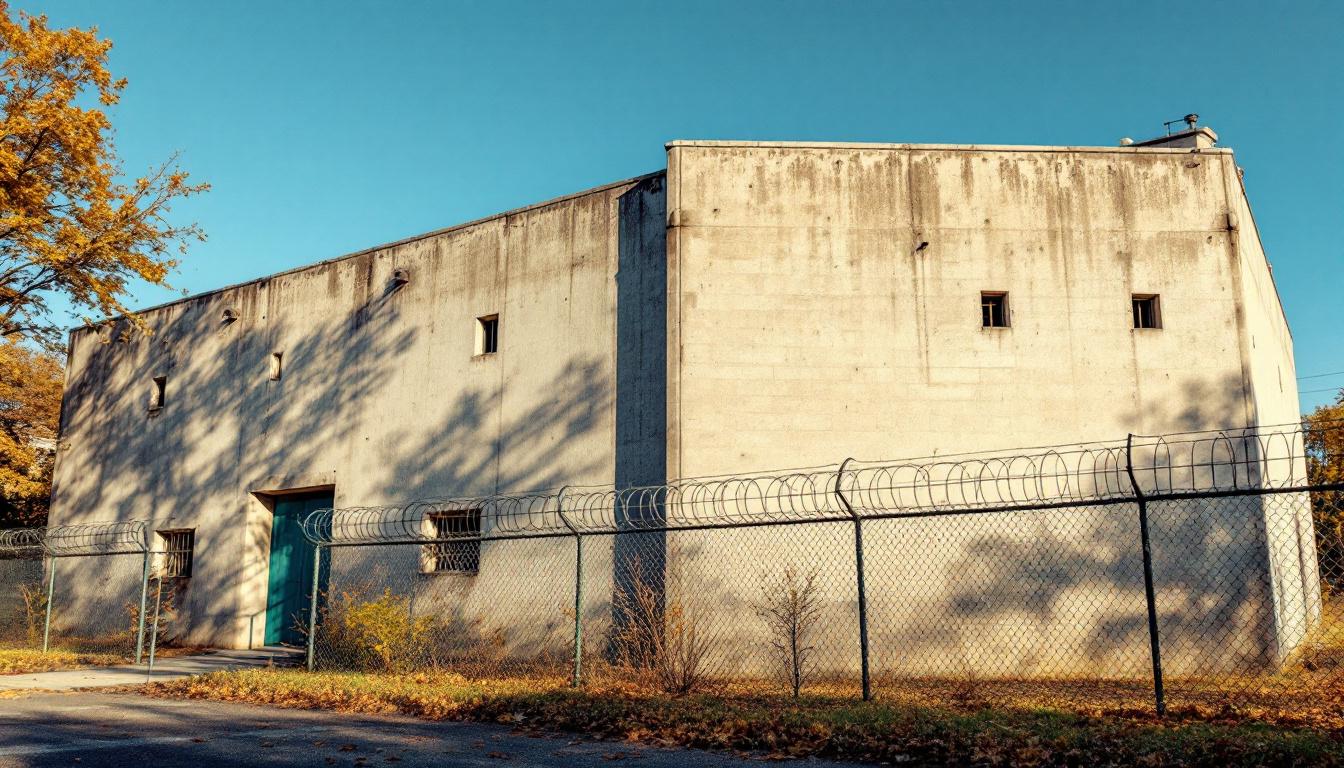
Quick Navigation
How to contact an inmate at The Mini-Cassia Criminal Justice Center
This comprehensive guide will walk you through how to connect with an inmate at The Mini-Cassia Criminal Justice Center. Follow the steps below to find an inmate and send letters and photos:
- Search for the inmate using our search tool below
- Create your account or log in to Penmate
- Write your message (up to 6,000 characters)
- Send instantly - inmates receive printed copies daily
Find an Inmate
Search for an inmate to start communicating today
Tip: You can search by first name, last name, or inmate ID number
To contact a person at The Mini-Cassia Criminal Justice Center start by searching for the person on the official facility website. Perform a search by following these steps:
- Step 1: Enter their first name and last name into the search form and click "Search"
- Step 2: Locate their inmate record
- Step 3: Write down their Inmate ID and any housing information provided
Important! Be sure to enter the person's full name. Nicknames should not be used.
How to Send Messages to Inmates

You can use your phone or computer to send emails, letters, and photos to an inmate. Messages are sent electronically to inmate tablets or kiosks at the facility. If you would like to send a message, start by searching for an inmate at The Mini-Cassia Criminal Justice Center.
Sending Photos and Postcards

A great way to send love and support to a loved one at The Mini-Cassia Criminal Justice Center is to send photos and postcards. It only takes a few minutes to send photos from your phone and it makes a huge difference. You can also mail postcards with words of support and inspiration, or design your own postcard for special moments like birthdays and holidays.
Important! Be sure not to send any explicit photos or they may not be approved by the facility. You can also use a photo printing app like Penmate to make sure your photos are printed at the correct size (4x6 or 3x5) and are mailed according to the rules and regulations of The Mini-Cassia Criminal Justice Center.
Frequently asked questions about The Mini-Cassia Criminal Justice Center
-
How long does it take to deliver a message?
If you're sending an email message your letter is usually delivered within 24-48 hours. For messages sent via mail you should expect delivery within 3-7 days. All messages will need be approved by The Mini-Cassia Criminal Justice Center.
-
How much does it cost to send a message to The Mini-Cassia Criminal Justice Center?
You can send a message free using your phone or mail a message via USPS for the price of a $0.60 stamp and envelope. You can also purchase credits or e-stamps from services starting at $1.99.
-
What services can I use to contact an inmate at The Mini-Cassia Criminal Justice Center?
Penmate
You can use Penmate to send letters and photos to an inmate from your phone. It's an easy way to stay in touch during your loved one's incarceration. Use the inmate locator to find an inmate's location and contact information, then you can send messages within a few minutes.
Securus messaging
Securus may be another option for communicating with an inmate at The Mini-Cassia Criminal Justice Center. You can create a friends and family account and purchase credits to send messages. All messages will be reviewed and must be approved by the facility.
JPay
Some county jails and state prisons may support sending messages with JPay. You must register an account with the system, find your loved one, and purchase stamps to send messages. For some locations you can also attach photos.
Smart Jail Mail
You may also check if Smart Jail Mail is available at The Mini-Cassia Criminal Justice Center. Smart Jail Mail is operated by Smart Communications and has contracted with some state and county jails. After purchasing credits, your messages and photos are sent to the facility, printed out, and then handed out to your loved one.
-
What is the mailing address of The Mini-Cassia Criminal Justice Center?
Mailing address:
The Mini-Cassia Criminal Justice Center
1415 Albion Ave
Burley, ID 83318
Phone: (208) 878-1000Business hours:
- Monday: Open 24 hours
- Tuesday: Open 24 hours
- Wednesday: Open 24 hours
- Thursday: Open 24 hours
- Friday: Open 24 hours
- Saturday: Open 24 hours
- Sunday: Open 24 hours
-
What are the visiting hours at The Mini-Cassia Criminal Justice Center?
Visiting hours at The Mini-Cassia Criminal Justice Center vary by housing unit and security level. Generally, visits are scheduled on weekends and holidays, with some facilities offering weekday visits. Contact the facility directly at (208) 878-1000 or check their website for the current visiting schedule. Visits typically last 30-60 minutes and must be scheduled in advance.
-
What items are prohibited when sending mail to The Mini-Cassia Criminal Justice Center?
Prohibited items typically include: cash, personal checks, stamps, stickers, glitter, glue, tape, staples, paperclips, polaroid photos, musical or blank greeting cards, hardcover books, magazines with staples, and any items containing metal or electronics. Only send letters on plain white paper with blue or black ink. Photos must be printed on regular photo paper (no Polaroids). Always check with The Mini-Cassia Criminal Justice Center for their specific mail policies.
-
How do I send money to an inmate at The Mini-Cassia Criminal Justice Center?
You can send money to an inmate at The Mini-Cassia Criminal Justice Center through several methods: 1) Online using JPay, Access Corrections, or the facility's approved vendor, 2) Money orders mailed directly to the facility with the inmate's name and ID number, 3) Kiosks located in the facility lobby, or 4) Over the phone using a credit or debit card. Fees vary by method, typically ranging from $2.95 to $11.95 per transaction.
-
Can I schedule a video visit with an inmate at The Mini-Cassia Criminal Justice Center?
Many facilities now offer video visitation as an alternative to in-person visits. At The Mini-Cassia Criminal Justice Center, video visits may be available through services like Penmate, Securus Video Connect, GTL, or ICSolutions. Video visits typically cost $10-20 for 20-30 minutes and must be scheduled in advance. You'll need a computer or smartphone with a camera and reliable internet connection. Contact the facility for their specific video visitation policies and approved vendors.
-
What identification do I need to visit an inmate at The Mini-Cassia Criminal Justice Center?
All visitors must present valid government-issued photo identification such as a driver's license, state ID, passport, or military ID. Minors must be accompanied by a parent or legal guardian who can provide the minor's birth certificate. Some facilities require visitors to be on the inmate's approved visitation list, which may require a background check. Contact The Mini-Cassia Criminal Justice Center for specific ID requirements and visitor approval procedures.
-
How can I find out an inmate's release date?
To find an inmate's release date at The Mini-Cassia Criminal Justice Center, you can: 1) Use the online inmate search tool if available, 2) Call the facility's records department, 3) Contact the inmate's case manager or counselor, or 4) Have the inmate provide this information during a call or visit. For privacy reasons, some facilities only release this information to immediate family members.
Facility Overview
Contact Information
The Mini-Cassia Criminal Justice Center1415 Albion Ave
Burley, ID 83318
Phone: (208) 878-1000
Official Website
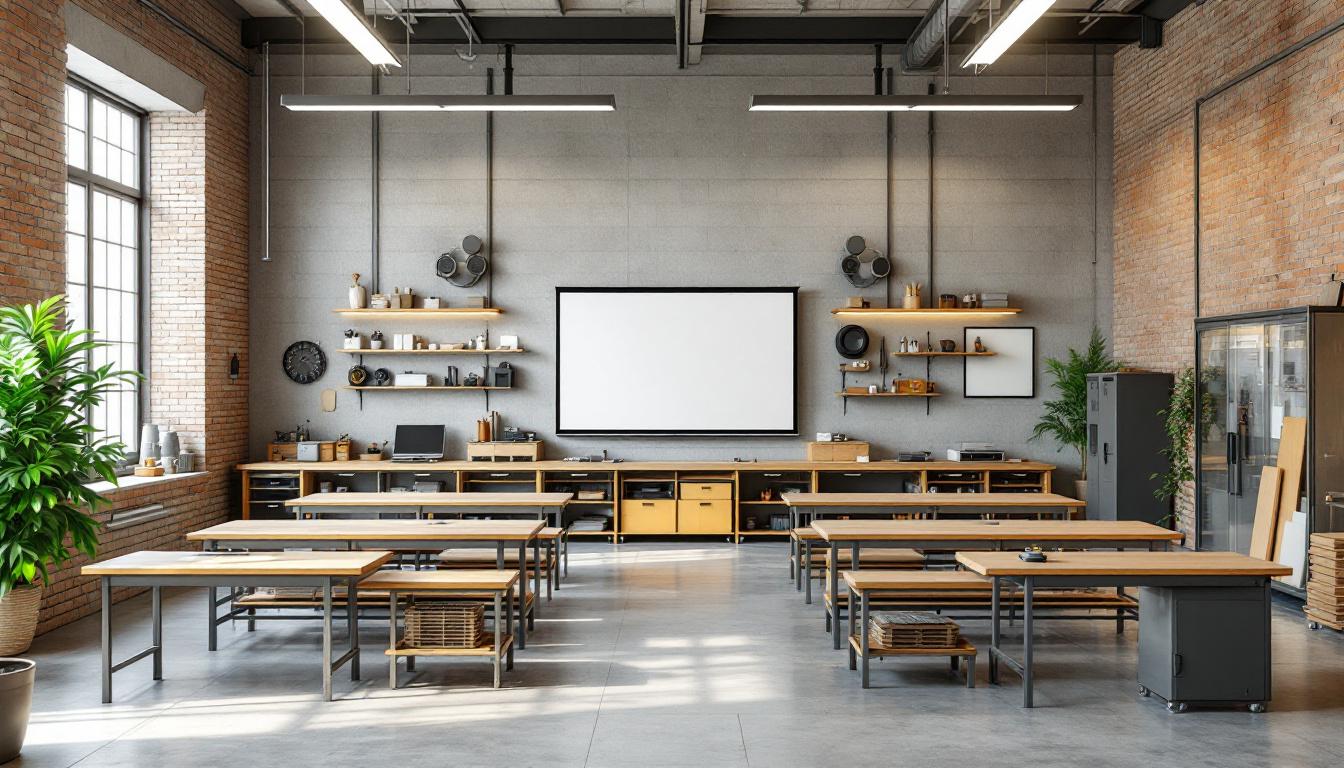
About The Mini-Cassia Criminal Justice Center
Correctional facilities within Idaho's mountain region operate as integral components of the state's broader justice system, with each institution processing offenders through structured rehabilitation pathways designed to address criminal behavior while preparing individuals for eventual community reintegration. The Mini-Cassia Criminal Justice Center, ID serves this function for the Burley area, managing the population services through comprehensive intake, housing, and programming procedures that typically align with state correctional standards.
Located in Burley, this ID correctional facility generally processes individuals through various stages of the correctional experience, from initial booking and classification to ongoing case management and release preparation. The facility's operations may include standard correctional programming such as educational opportunities, vocational training, and counseling services, though specific offerings often depend on available resources and staffing levels. Given Burley's position within the Mini-Cassia region, the correctional facility typically serves multiple surrounding communities, creating connections between incarcerated individuals and their families across this portion of southern Idaho.
The center's role within Idaho's correctional framework involves coordinating with state agencies, local courts, and community organizations to facilitate the movement of offenders through the justice system. This process-oriented approach generally encompasses pre-trial detention, sentenced housing, and transitional services that may help prepare individuals for reentry into the broader community. Through these standard correctional operations, the facility contributes to public safety objectives while working to address the underlying factors that often contribute to criminal behavior patterns.
Programs & Services
Through comprehensive support services, the population at Mini-Cassia Criminal Justice Center receives assistance designed to address underlying issues and prepare them for successful community reintegration. The facility's approach emphasizes personal development and skill-building through structured programs that promote positive behavioral changes. These services typically focus on helping individuals develop the tools they need to make better choices and rebuild their lives.
Educational opportunities form a cornerstone of the supportive services available to the population. The facility may offer basic education programs that help individuals work toward their GED or improve their literacy skills. In addition to this, college correspondence courses are often available for those seeking higher education opportunities. Vocational training programs complement these educational services by providing practical skills that can lead to employment upon release.
Work programs within the facility offer the population opportunities to develop job skills while contributing to facility operations. These programs often include various maintenance and service roles that teach responsibility and work ethic. Conflict resolution services may also be provided to help individuals learn better communication skills and anger management techniques. Through these combined support services, the population receives comprehensive assistance that addresses both immediate needs and long-term success in the community.
Daily Life & Visitation
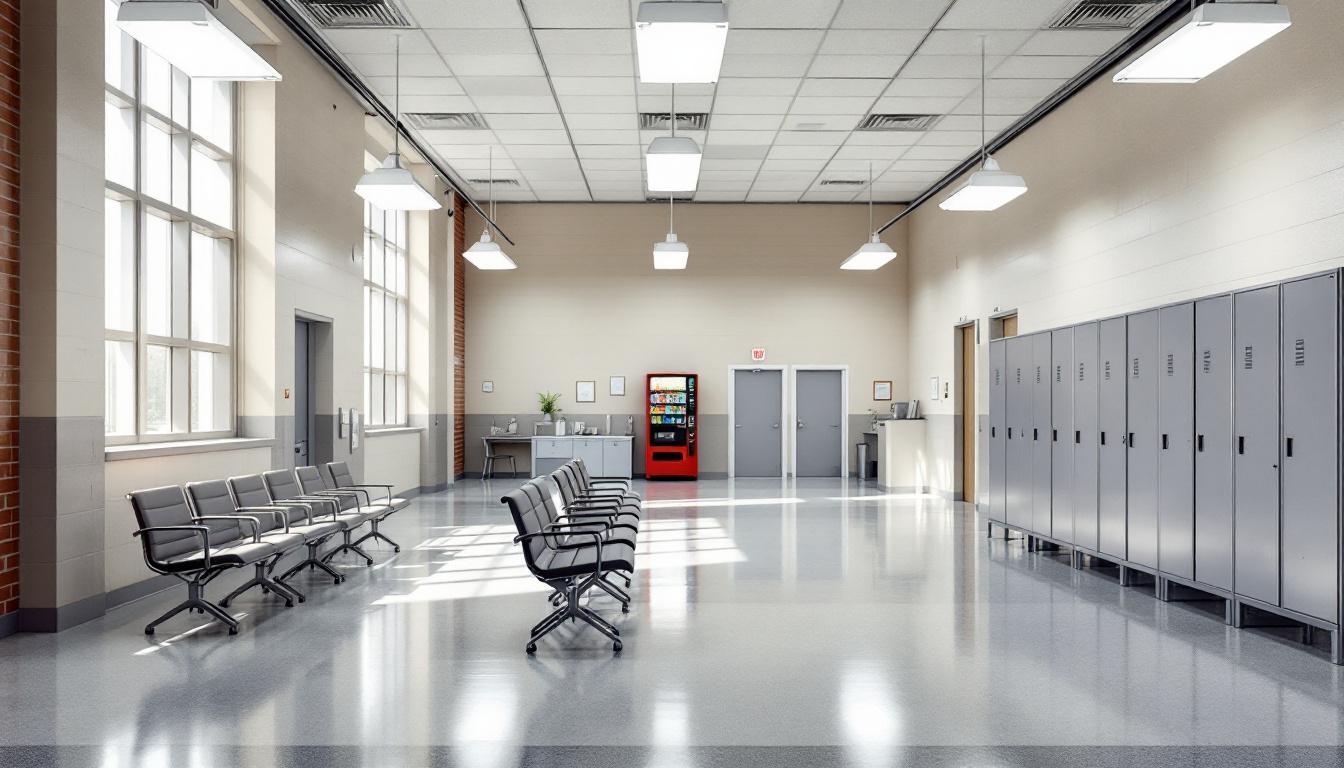
Structured schedules and clear organizational protocols shape every aspect of life for the population at Mini-Cassia Criminal Justice Center. Today's routine typically begins with early morning counts and meal service, followed by consistently scheduled work assignments, programming, and recreational periods. The facility generally maintains predictable daily patterns that supply stability and structure throughout the week.
Housing arrangements at the facility typically feature dormitory-style or multi-occupancy units where the population resides under supervised conditions. Living spaces generally include basic furnishings and personal storage areas, with common areas available for social interaction during designated hours. Meals are usually served in a central dining area at scheduled times, with the population moving through organized meal periods that accommodate work and programming schedules.
In addition to this structured daily framework, the facility may offer various recreational activities, educational programs, and work assignments that help maintain productive routines. The population typically has access to exercise periods, television viewing, and other leisure activities during approved hours. Despite this structured environment, family connections remain important through scheduled visitation periods and telephone privileges, which generally operate according to established policies and security procedures. Communication options often include mail correspondence and may feature video calling services to help maintain relationships with loved ones outside the facility.
Ready to Connect?
Start communicating with your loved one today
Search for an Inmate
